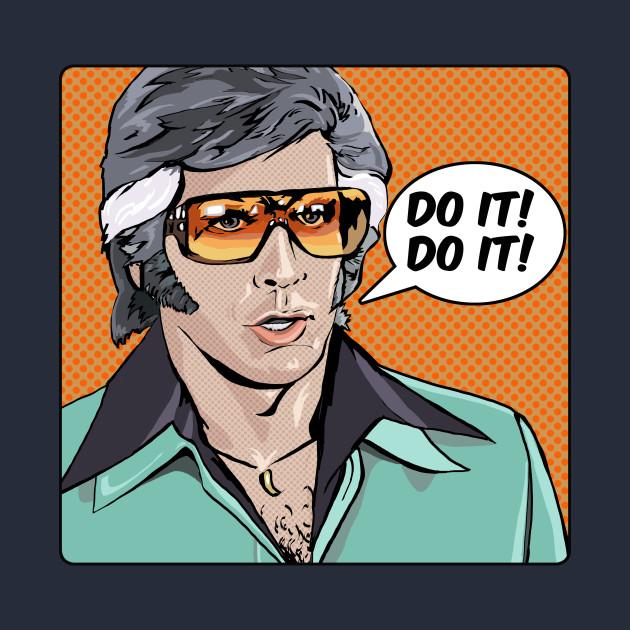Security starts with Windows + L (or command+control+Q)

<tap tap> Is this thing still on?
Well then, log time no blog. In case you are wondering, I joined Check Point as a Cloud Security Architect for UK & I last July, and have just celebrated my one year anniversary. I’m not quite sure how I managed to end up here, but it’s been a fantastic experience and I’ve learned absolutely tons about cyber security in that time.
As such, the topic of my first blog since 865 BC (or what feels like it!) is something that absolutely grinds my gears and I’m hoping we can raise a bit of awareness. The cyber security industry is worth billions of pounds a year and the vendors in the market make some pretty awesome products. Businesses and organisations are taking this topic more seriously than they’ve ever done, beefing up defences and increasing budgets.
CISOs and CSOs are now more commonplace and many cloud professionals are well educated on the importance of best practices such as making S3 buckets private, using security groups to control traffic flow and implementing solutions such as Check Point CloudGuard IaaS to provide deep packet inspection and IPS capabilities.
Automation gives us the ability to close any configuration gaps and perform remediation quicker than a human could spot it and fix it. This is all well and good, but attackers will always look for the easiest way to infiltrate an environment. I mean, why smash a window when the front door has been left open?
Lock your laptop, stoop.
I’ve been doing a lot of travelling the last year and it’s interesting to see how people behave. There is as much behavioural science in cyber security as there is technology. I find it staggering how many people will happily boot up their laptop in a public place, log in, open their e-mail, open a company document and then promptly get up and go to the toilet or order a coffee from the counter.
The one further observation on this is that the more “exclusive” the surroundings, the more likely it is that the individual will make this mistake. Two examples – a lady sat next to me in the lounge at Manchester Airport got ready to work and then promptly buggered off for five minutes. Similarly, I was in the first class carriage on a train and another lady from a pharma company (I won’t say which) opened a spreadsheet with an absolute f**k ton of customer data on it and then went off to the ladies (I presume, she was gone for ages) with the screen unlocked.
A better class of idiot
The one thing that connects these two examples is the fact that they took place in a more “restricted” area. Presumably the assumption is that the better “class” of people you are sat with, the smaller the chance that anything nefarious will happen. It’s impossible to say for sure if this is actually true, but shows how humans think. If I’m behind the velvet rope, all the thieving assholes are wandering through the duty free shops and drinking themselves into a coma.
Not necessarily true. Many data thieves are well funded (via legal avenues or otherwise) and so quite regularly will pop up behind the velvet rope. They’ve done their research too and have seen the same things I have. Even taking a picture of a laptop screen with a mobile phone takes seconds, you don’t even need to touch a keyboard.
We know now that once data gets out there, you can’t get it back. Whether it’s corporate data or a tweet declaring your undying love for your secondary school English teacher from way back when.
Don’t overlook the simple stuff
At a customer event a couple of months ago, I asked for a show of hands on how many organisations present had a corporate policy on locking your workstation when you aren’t in front of it. About three quarters put their hand up. I followed that up with the question of how many organisations actually enforced this policy. How many do you think? The answer was none.
It’s great that organisations moving to the cloud are really boosting their skills and knowledge around security. It’s a fast moving target and it’s hard to keep up with, but there are some things that are so simple that they often get overlooked.
Start with a policy mandating screen locking when a user walks away. Laptop, desktop, tablet, whatever. Make sure the lock screen has to be cleared by means of a password, PIN or ideally some biometrics such as fingerprint.
This policy will cost you nothing but will make a huge difference. It’s amazing, once you start doing it, it becomes habit very quickly, meaning that users away from the office will do this without thinking. You could even follow this up by advising road warriors to get a privacy screen gauze on their laptop (there are a bunch of them on Amazon or whatever your favourite e-tailer is). All small stuff, inexpensive but forms a good layer of protection against data loss.
Do it today, and do yourself a favour. Like the great Maury Finkle of Finkle’s Fixtures says..


You must be logged in to post a comment.